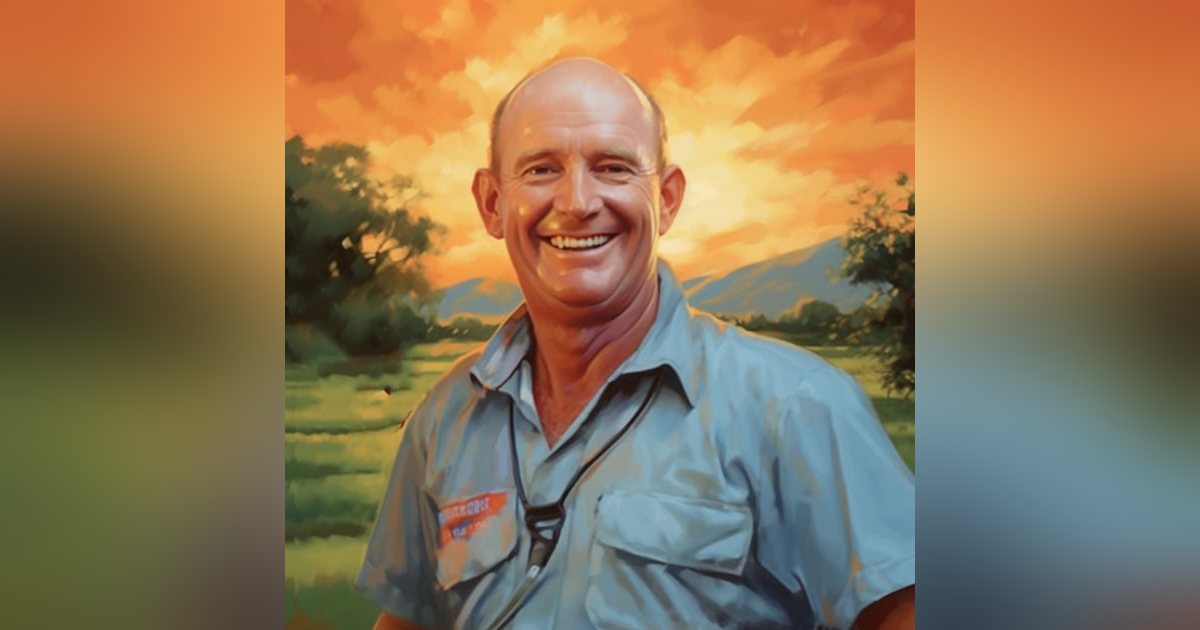#101: The Antidote To Fear-Based Practice. With Dr Warwick Vale

Here's a little nugget of wisdom for you: 'Do what you can with what you have where you are.' I stumbled upon it a while back, and it's like a bite-sized version of stoic philosophy. It's a solid life motto, especially in the world of veterinary work, and it neatly sums up what you're about to hear.
Meet Dr Warwick Vale – a name you've probably heard in the Aussie veterinary scene. He's not just the ex-President of the Australian Veterinary Association; he's also a rockstar in equine medicine, a business-savvy company director, and a go-to consultant in the veterinary world. Oh, and did I mention he's a total jack-of-all-trades when it comes to hobbies? Dr Warwick played a key role in kickstarting the AVA's Thrive program, a fantastic initiative focused on keeping vet pros in tip-top shape with industry guidelines. But let me spill the beans on why we're talking to him today. It all started with a listener who said, 'You gotta talk to Warwick.' I don't take those recommendations lightly. The reason isn't the thousands of animals he's helped or the boards he's served on; it's the deep impact he's had on one incredibly grateful person. Just one.
Join us in this conversation as Warwick tells us how to live and practice veterinary medicine with heart and camaraderie, smashing through the fear barriers around our comfort zones. We chat about everything from overthinking to embracing your quirks for a happier career, and how trust and connection can be the cure for fear-based practice.
Topic list:
03:14 The art of rolling with the punches.
07:34 What's so different about veterinary medicine now?
14:21 A day in the life of Warwick's Vale.
16:48 The importance of customer service in a veterinary clinic.
26:01 Stopping to smell the roses.
31:27 Warwick's impact on mental health in the vet industry.
36:36 Prevent, promote, protect and workplace culture.
46:44 The responsibility as a vet: impacting others on an individual and industry level.
55:57 Walk the journey with others.
60:17 Choosing love over fear.
62:19 Is part-time vetting the new normal?
63:55 Warwick's favourite podcasts.
66:02 Warwick's one piece of advice for new grads.
Join our community of Vet Vault Nerds to lift your clinical game and get your groove back with our up to date easy-to-consume clinical episodes at vvn.supercast.com, visit thevetvault.com for the show notes and resources for this episode, and connect with us through our online Vet Vault Network. for episode highlights, discussions, questions and support.
Subscribe to our weekly newsletter here.
Come help us create some live clinical content at IVECSS '23 in Denver, Colorado from 7-11 September.
Get up and running (or working!) with a 10% discount for Tarkine shoes, the official shoe of the Vet Vault. (discount automatically applied at checkout using this link).






